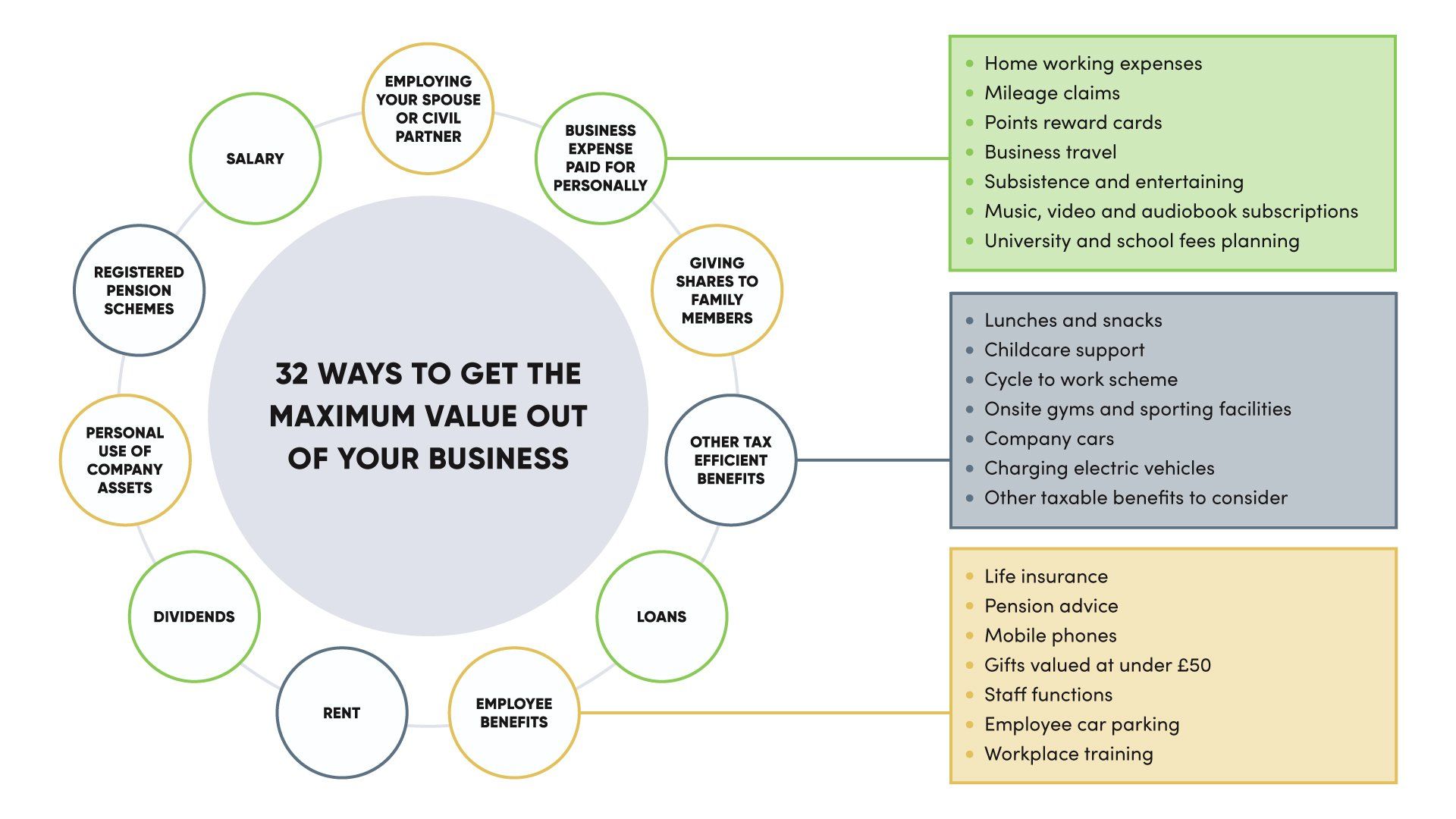by Shafiq Khan
•
28 January 2025
If you’re thinking of making the switch from sole trader to a limited company then follow these 'simple' steps from our expert limited company accounting team to guarantee a smooth changeover. 1. Choose Your Company Name Choose a unique name for your limited company. Check that it isn’t already registered with Companies House to avoid any issues. The rules are different compared to that of a sole trader — you cannot have the same name as another limited company. 2. Register Your Limited Company You can register your limited company online through Companies House or with the help of an accountant. It is a straight forward process with most applications approved by Companies House within 24 hours. During registration, you will need: A registered office address (A registered office is a legal requirement for any UK limited company) at least one Standard Industrial Classification (SIC) code to describe the company’s main business activity. at least one director and one shareholder details of every person with significant control (PSC) articles of association (All UK limited companies require articles of association. The articles set out the rules for running the company, which must be abided by company directors at all times). 3. Set Up a Business Bank Account Open a separate business bank account for your limited company. This ensures that your business finances are kept distinct from your personal finances. As the money belongs to the company and not the directors, limited companies should have separate accounts in the company name. Even if your previous sole trader and limited company have the same business name, it is crucial that a new separate bank account is created in the company name, failure to do so could lead to nasty tax implications. 4. Inform HMRC Notify HMRC : Contact HMRC by calling their Self-Assessment helpline at 0300 200 3310 or send a letter. Inform them that you are no longer operating as a sole trader. File Your Final Self-Assessment Return : Submit the final self-assessment tax return for your sole trader business, marking it as the last year of trading. It is important to note that as a director of a limited company it is rather likely that you will be receiving salary and dividends from the limited company, therefore this would need to be reported on future self assessment tax returns and therefore you should not close down your self assessment account with HMRC when ceasing the sole trader business Register for Corporation Tax : After registering your limited company, HMRC will automatically register the company for Corporation Tax. 5. Register for Other Taxes As mentioned above, there is a strong likelihood that salaries will be paid from the limited company, therefore the company will need to register as an employer and set up PAYE. There may also be a need to register the company for VAT or transfer the existing VAT registration from the sole trader. 6. Transfer Assets and Liabilities Depending on your sole trader business, you may need to transfer assets such as, property, machinery, equipment, stock etc.) from your sole trader business to your limited company. Determine how to handle any outstanding debts, ensuring the transition is seamless. It is worth mentioning that transferring assets on incoporation can be a complicated process for some businesses and can have Capital Gains Tax (CGT) implications. We advise speaking to an expert accountant to avoid any costly issues. 7. Notify Your Customers and Suppliers Update your clients and suppliers about your change in business structure. Make sure to revise your invoices, contracts, and payment details to reflect your new company name and structure. 8. Update Your Insurance Review and update your business insurance policies to reflect your new limited company status. This may involve changing liability coverage or adjusting terms for employees. 9. Maintain Proper Accounting and Records Set up an accounting system that complies with company tax regulations. Keep detailed and accurate records to ensure you meet all legal obligations and file taxes on time. By following these steps, you can make a smooth transition from sole trader to limited company in the UK. If you want a reliable and expert accountant to assist you in this process, then get in touch with Bloom Accountants, we have decades of experience and specialise in limited company accounting, and can help you move from Sole Trader to Limited Company with ease.





